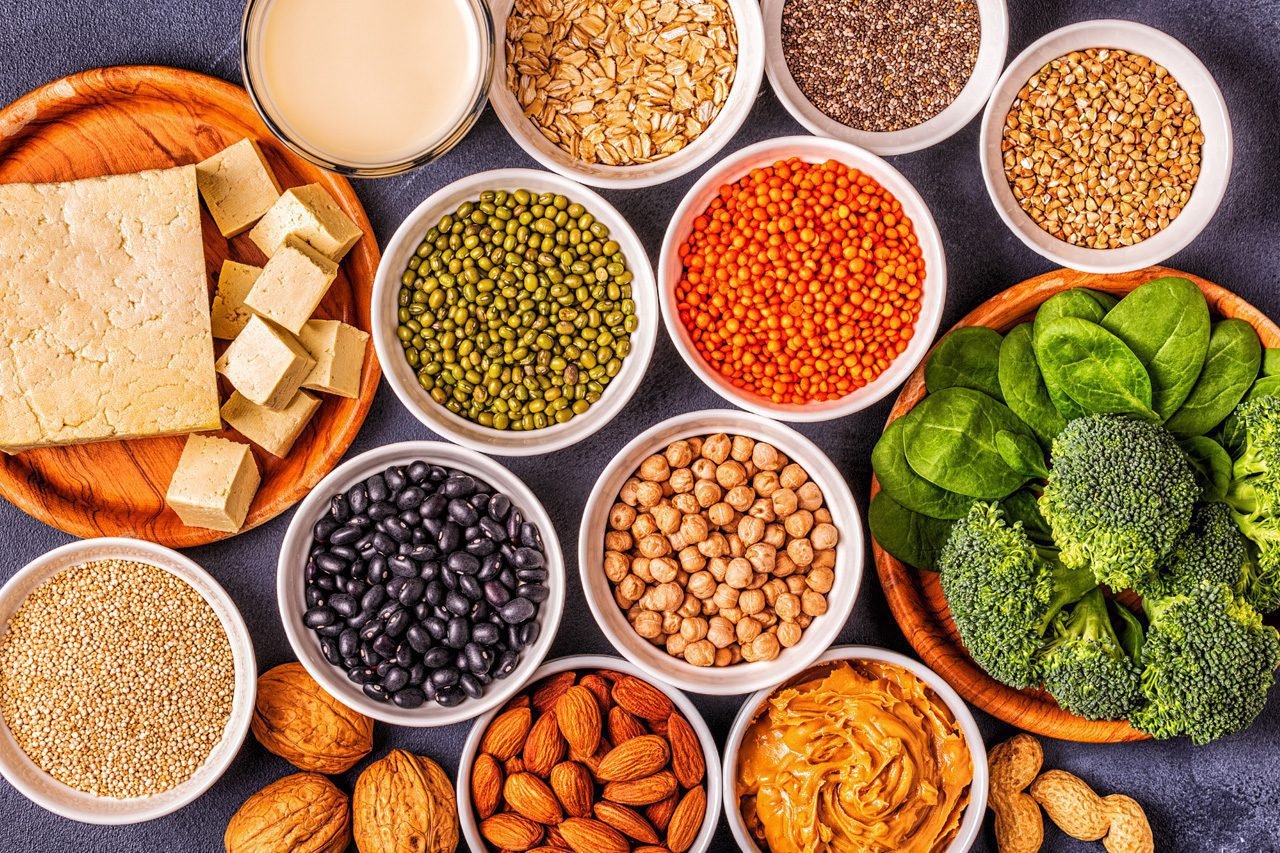Plant-based cuisine has surged in popularity in recent years, driven by concerns about health, the environment, and animal welfare. In 2023, vegan and vegetarian trends continue to gain momentum, reshaping the way we think about food and dining. Here’s an overview of the rise of plant-based cuisine and the key trends to watch:
1. Mainstream Acceptance: Plant-based eating is no longer niche; it has become mainstream. Restaurants, fast-food chains, and food retailers are increasingly offering vegan and vegetarian options to cater to a growing customer base.
2. Flexitarianism: The flexitarian diet, characterized by occasional or partial vegetarianism, is on the rise. Many people are reducing their meat consumption without fully adopting a vegan or vegetarian lifestyle, contributing to a more plant-forward approach to eating.
3. Plant-Based Proteins: Innovations in plant-based proteins have led to the development of meat alternatives that closely mimic the taste and texture of animal products. Brands like Beyond Meat and Impossible Foods are making plant-based burgers and sausages widely available.
4. Dairy Alternatives: Non-dairy milk options, such as almond, soy, oat, and coconut milk, have become staples in many households. Dairy-free cheeses, yogurts, and ice creams are also gaining popularity.
5. Vegan Fast Food: Major fast-food chains are introducing vegan options on their menus, making it easier for people to choose plant-based meals while on the go.
6. Culinary Innovation: Chefs are pushing the boundaries of plant-based cuisine, creating dishes that are both visually stunning and delicious. Fine dining restaurants are offering elaborate vegan tasting menus, showcasing the artistry of plant-based cooking.
7. Sustainability Focus: Concerns about climate change and environmental sustainability are driving people to reduce their meat consumption. Plant-based diets are recognized for their lower carbon footprint and reduced impact on land and water resources.
8. Health and Wellness: Many people are turning to plant-based diets for health reasons, seeking to lower cholesterol, manage weight, and reduce the risk of chronic diseases. Plant-based eating is associated with lower rates of heart disease and certain cancers.
9. Meatless Mondays: The “Meatless Monday” movement encourages people to start their week with plant-based meals, promoting the idea of reducing meat consumption regularly.
10. Vegan Celebrities and Influencers: High-profile celebrities and social media influencers are advocating for plant-based diets, further popularizing the lifestyle. Their influence extends to fashion, beauty, and lifestyle choices, promoting a holistic approach to veganism.
11. Vegan Tourism: Travelers are seeking out destinations and restaurants that cater to vegan and vegetarian preferences, making plant-based tourism a growing niche.
12. Ethical and Compassionate Eating: A strong emphasis on animal welfare and ethical considerations drives many individuals to adopt plant-based diets, as they seek to reduce the suffering of animals raised for food.
13. Plant-Based Cooking at Home: More people are experimenting with plant-based cooking at home, with a wealth of online resources, cookbooks, and cooking classes available to help them master vegan and vegetarian recipes.
14. Plant-Based Junk Food: While health-conscious plant-based eating is a dominant trend, there’s also a market for vegan and vegetarian junk food, including indulgent snacks, desserts, and comfort foods.
The rise of plant-based cuisine in 2023 reflects a broader cultural shift toward more conscious and compassionate eating. As people continue to explore the wide array of plant-based options and the culinary world embraces innovation, plant-based cuisine is poised to remain a prominent and evolving force in the food industry. Whether for health, sustainability, or ethical reasons, the appeal of plant-based eating is undeniable, and its influence on food culture is here to stay.
